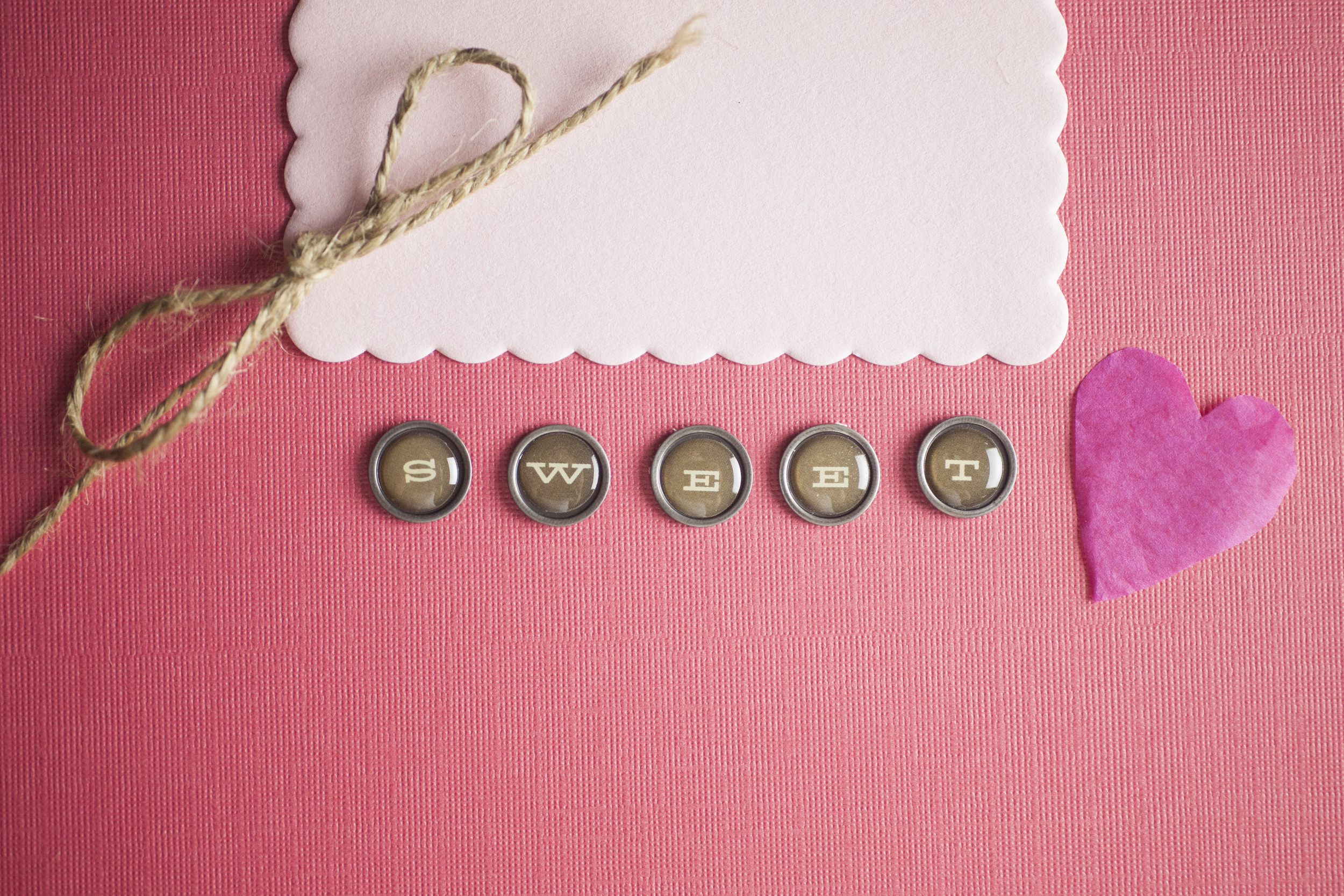Guest Post: Tara Owens-Shuler
At my 10th year high school reunion in 1998, I received an award for having the most unique career as a Doula! When I told my classmates that I was a birth doula, many of them asked, “You are a what?” Doulas, a Greek word meaning “with woman”, are now more familiar in the birth community and being hired more often by women and their partners. So, what is a birth doula?
Doulas are like community health workers or patient navigators for expectant women. We provide continuous physical, emotional, and informational support to laboring women and their partners. We do this three ways:
- provide informal education and social support;
- help women connect to community and hospital services or resources;
- assist women in evaluating and preparing for safe and healthy birth practices during labor.
In the current hospital settings, neither the nurse nor the doctor will remain by the bedside continuously. Doulas, on the other hand, are continuously by the bedside and provide constant support to women and their partners. Doulas do not replace the husband, partner, or other family member, we assist them with skills to better support their loved one. Doulas help families advocate for themselves by helping them ask the right questions to get the necessary information to make informed decisions.
A review of several research studies summarized that women who are supported by a doula during birth are:
- less likely to have a cesarean;
- less likely to use any pain medication in labor;
- and more likely to report greater satisfaction with their birth experience. (DONA International Position Paper).
So, even with the credible research that strongly supports the impact that professionally trained birth doulas have on birth outcomes and satisfaction, I am often still asked, “why hire a birth doula?”.
Women hire birth doulas for all of the labor support and evidence-based reasons above and more. Expecting women who want to become more informed consumers of healthcare hire birth doulas because they offer informed, evidence-based education. Women who want to feel empowered and confident going into the childbirth experience are also ones who hire a birth doula. And women who want to feel a part of the decision-making throughout their labor are more likely to hire a birth birth doula and afterwards report feelings of satisfaction with their birth experience.
The comments below, from some of my former clients, illustrate just how much women do value the labor support services:
“…cannot express how much you helped this be the ideal birthing experience.”
“You made the whole experience much easier and to some extent enjoyable.”
“Knowing we had your support gave us such confidence.”
“It was invaluable to have you on our ‘team’!”
One of my favorite quotes, “If a doula were a drug, it would be unethical not to use it (Dr. John Kennell)”, speaks to why I advocate for women to hire a doula for their birth! We are an important member of your birth team and provide immeasurable support.
If you are interested in finding a doula for your birth, a great place to start is the DONA International website. You can search by State and City to find doulas nearest to you. You can also ask friends, co-workers, or family members, who have used birth doula services.
About Tara:
Tara Owens Shuler, M.Ed., LCCE, FACCE, CD(DONA) is a Lamaze Certified Childbirth Educator (LCCE) and a certified DONA birth doula. She is currently the Past-President of Lamaze International, having served on the Lamaze International Board of Directors for the past 5 years. She’s a leader and advocate for women being informed and educated on evidence based birth practices.
In her spare time, Tara teaches Lamaze childbirth education classes at Rex Hospital in Raleigh, NC and independently in Durham, NC through The Birth Library. She provides doula services to women across the Triangle area.
Note from Elizabeth: This piece from HuffPo that came out late last week underscores Tara's mention about how doulas lower c-section rates. It's absolutely worth a read.
